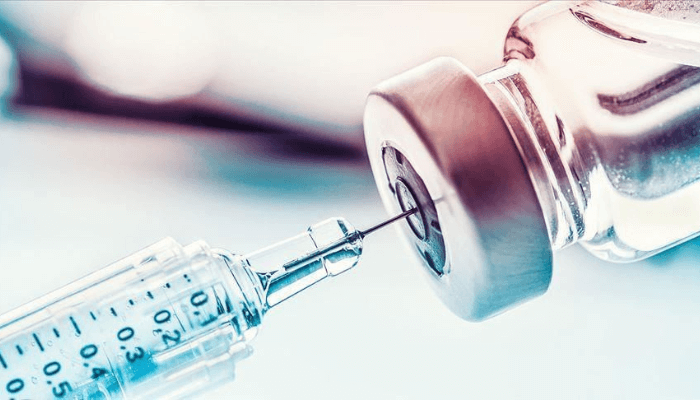
HEALTH: SIERRA LEONE STARTS MPOX VACCINATION AS CASES RISE
Sierra Leone on Wednesday started injecting frontline health care workers and high risk-individuals and children from age 12 with a preventive mpox vaccination after securing 61,300 doses from the World Health Organization and development partners.
“We are currently rolling-out Mpox vaccines to frontline health care workers and high risk-individuals with a preventive mpox vaccination,” social mobilisation coordinator for the health ministry, Amanda Clemens, told AFP.
“We are starting in Western Area, where we are doing the first-phase. As time goes by we will continue to expand the teams that we have and vaccination will go into other communities,” Clemens added.
She said more than 100 health care workers at 34 military hospitals where mpox cases are tested and treated had received vaccine doses and been provided with a vaccination card at the official launch.
Sierra Leone has recorded 125 cases of mpox — 29 females and 96 males — with 71 active cases and 52 recoveries and two fatalities, according to reports from the National Public Health Agency (NPHA).
“I will be the first person to take the mpox vaccination as a show of leadership and faith in the safety and effectiveness of the vaccine”, Health Minister Dr. Austin Demby said.
“We will continue to sustain our surveillance with regular testing of suspected cases. We will do everything possible with the help of our partners to reduce the scale of transmission in the country,” Demby said, saluting an “additional tool” to fight the virus as cases rise.
He added authorities would focus on frontline health workers.
Sierra Leone declared a public health emergency in January to combat mpox, announcing it was stepping up surveillance at its borders after confirming two cases of the deadly viral disease.
Mpox is caused by a virus from the same family as smallpox, manifesting in a high fever and skin lesions, called vesicles.
First identified in the Democratic Republic of Congo in 1970, the disease had generally been confined to a dozen African countries but began to spread more widely in 2022, reaching developed countries where the virus had never previously circulated.
The World Health Organization (WHO) declared its highest level of alert in 2024.
A decade ago, Sierra Leone was one of the countries worst affected by an Ebola epidemic which killed about 4,000 people, including nearly seven percent of health workers, between 2014 and 2016
